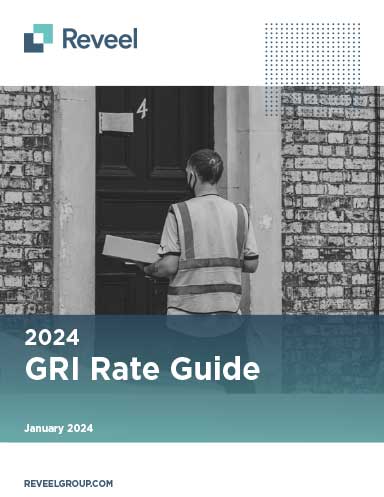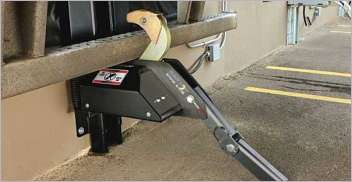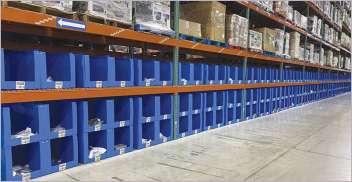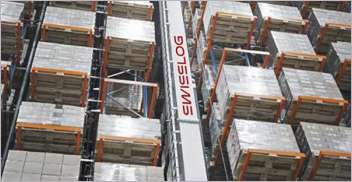Shipping giant UPS is one of the early winners when it comes to AI adoption. The company's proprietary system—Message Response Automation (MeRA)—has successfully reduced the time customer service agents spend handling emails by 50% since its introduction last July. MeRA uses large language models (LLMs) to automate responses to customer inquiries, leading to significant improvements in efficiency and consistency.
“MeRA’s introduction has been a game changer for UPS, transforming our approach to best-in-class customer service,” Bala Subramanian, Chief Digital and Technology Officer at UPS, told CIO. “By alleviating the burden on our human agents, it enables them to focus on more complex and nuanced customer needs.
Subramanian isn't alone in his praise. UPS was recently awarded a 2024 CIO 100 Award for IT innovation and leadership.
How it works
MeRA currently manages approximately 52,000 customer emails daily, with agents confirming and modifying AI-suggested responses to ensure accuracy and effectiveness. Its deployment has not only improved customer service but also paved the way for extending generative AI across other business functions such as human resources, sales, and finance.
MeRA employs advanced capabilities like sequential reasoning logic and sentiment analysis, allowing it to customize the tone of responses to align with customer emotions and queries. Subramanian shared an example of MeRA’s sophistication when dealing with package pickup requests, which involves analyzing factors like package tracking history, shipper restrictions, and previous delivery attempts.
UPS recently introduced automation to its sorting facilities, resulting in the closure of 200 locations across the United States. The company received good news last month when the USPS announced it wanted UPS to replace FedEx as its main provider for air cargo deliveries.
Looking ahead, UPS plans to evaluate different AI frameworks to build on the success of MeRA. The company's plans include a custom-trained AI agent framework designed to provide consistent and accurate responses, which will serve UPS well as it extends the use of MeRA beyond the Help Center to other parts of the company.
The implementation of MeRA signifies a strategic shift for UPS, showcasing how generative AI can enhance operational efficiency and improve the quality of customer service. By integrating AI into its customer service operations, UPS not only boosts efficiency but also sets a model for other enterprises to follow in leveraging AI for business transformation.
Article topics











